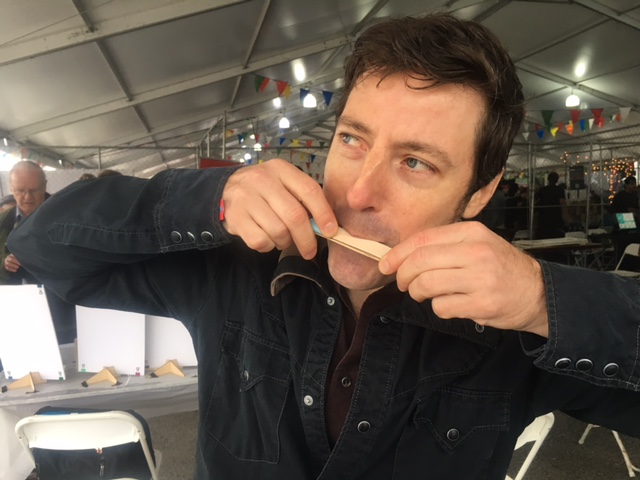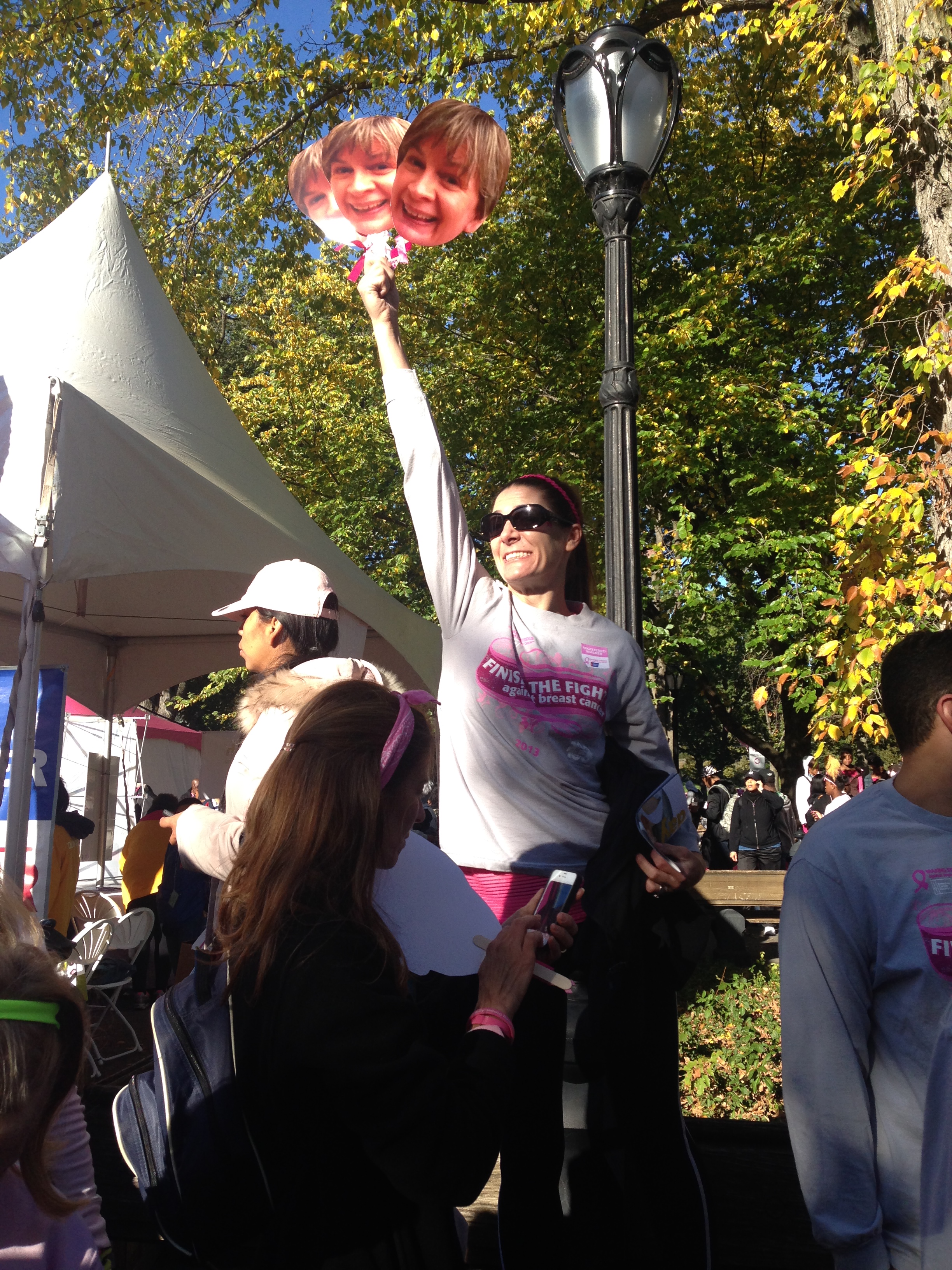
Prologue
I have always thought of life as a spiral. We grow whether we want to or not, but not necessarily in a linear fashion. We encounter our unresolved issues again and again, and yet we develop at each turn, so that our challenges never look exactly the same to us as they did before. Sometimes, we might not even recognize them for what they are, our repeated opportunities to be whole, healed despite all of our woundedness.
My cancer diagnosis in 2013 was one such turn. It caught me unaware, and yet it provided me with opportunities to revisit my life and stretch beyond my comfort zone in ways I never could have imagined. A writing program for cancer patients provided me with the structure to revisit my career as a child life specialist, mining memories for wonderful stories that serve to inspire and connect. These stories of the children and families who molded me into the professional I am, weave together in this book with my past and present encounters with the medical environment, as both patient and healer. They show the tender shoots of joy that can exist in the rich soil of pain and suffering. It is my life story, and the fibers of this narrative are the tales of children and people who have taught me so much over the years. I am ever indebted to their presence in my life.
Getting a book published is no easy accomplishment. One in eight women will be diagnosed with breast cancer at some point in their lives. Inspiring stories of survival and life after cancer have a wide audience in not only diagnosed women, but their friends, family and caregivers. However, the market is saturated with cancer narratives, and even though my spin as a child life specialist makes my story stand out from the rest. it doesn’t mean the publishing world will bite. Being somewhat impulsive, and wanting my story and the good word about Child Life to reach as many folks as possible, I have decided to use my blog to start the ball rolling. I will be publishing segments of my book on a weekly basis, except for breaks every once in a while for other topics. It is far from a perfect book. I am no Jodi Picoult or Anne Lamott (two of my favorite authors). But I do have something to say that I hope will touch and inspire some people out there. If you are moved, please share my story with your loved ones.
The names of many characters have been changed to protect their privacy.
Part One Getting Better
Chapter 1: Two for One Sale

My yellow lab-pit bull mix yanked hard on the leash as she lunged at a squirrel scampering across the Bridle Path. I reeled her back in, admonishing her with an angry “Gracie!” as I fumbled to secure my bluetooth headset. It was hard enough to hook the stupid plastic loop over my ear without her pulling my arm off.
Mark answered on the first ring.
“I’ve got bilateral breast cancer,” I blurted out. I knew the second the words came out of my mouth that I should have waited to share this information with Mark. Waited at least until I was face to face with him, instead of walking our dog in Central Park and blathering into my cellphone. My life partner was driving to work in midtown traffic, certainly not in a good space to hear such awful news.
“I’ll be right home,” he said.
I’d known it was a possibility of course. A call back from the radiologist for another look and eight core biopsies had my imagination running down all kinds of twisting paths. But with each turn, I’d say to myself, “It’s probably nothing. No use worrying until I know for sure.” I’d shift my focus to something more positive, try to stay in the present. Some might call that denial, but I like to see it as coping.
I finished my routine 1.6 mile loop around the reservoir and met Mark back at home. We sat in the lobby of our townhouse on the window seat, the sunlight sifting through the thick glass onto our clasped hands. I can’t remember why we did that, why we sat there instead of going upstairs to the privacy of our apartment. Maybe Mark had to return to work right away, or thought he had to. But for the time being, he was there, and I held his hand to anchor myself.
“What does this mean?” he asked. “What stage is it? What happens now?”
Mark’s questions mirrored my own, and I had few if any answers. I knew that I had tumors in both breasts, but I had no idea what stage or how far it had spread. I’d never felt a lump or had any symptoms. My annual mammogram and ultrasound had picked up the tiny images. I did know one thing. I was going to get on the phone right away and get an appointment with the premier cancer hospital that stood not twenty-five blocks from our home. I had worked there for ten years, at the beginning of my career, and there was no question in my mind that I would get the best care there.
Mark ran his hand repeatedly through the scant hair on the top of his head. “I can’t believe this. I am so sorry. This is not what I expected.”
“Me neither, and I don’t even know what to think. This doesn’t feel real yet. I don’t even feel sick.”
“Well,” he said. “We will take care of this together.”
“Do you really think we will be okay?” I asked.
“You mean as a couple?” He hesitated. “I guess this is either going to bring us closer together, or pull us apart.”
Those might not have been the most romantic or reassuring words, but they were truthful. I’d heard some horror stories about spouses leaving their loved one after a breast cancer diagnosis, and we weren’t even married in the traditional sense of the word. Not your average mid-life couple, we’d been together for twenty-nine years, but had never taken that final leap of faith. As the eldest child of holocaust survivors, Mark had grown up in the long shadow cast by unspeakable crimes committed against his family during World War II. In his world, marriage and family did not translate into the fairy tale vision of a comforting hearth. His mother had suffered from severe Post Traumatic Stress Disorder for most of Mark’s life, and as her primary caretaker, he had developed a hearty aversion to anything and everything having to do with hospitals, doctors and caretaking. My cancer would surely test our relationship’s rough edges.
“I choose closer, I said.”
We hugged tightly before he left for work, and I went upstairs to begin the process of finding a surgeon. Two days later, we walked into the hospital where I had spent ten years caring for cancer patients. I’d moved on to teach in a graduate program in Child Life, advising and instructing students as they practiced their clinical skills in area hospitals. But 16 years ago, as a child life specialist, I had helped children and families navigate the pitted path of cancer diagnosis, treatment, survival and at times, death. Child life specialists are trained in child development, family systems, bereavement, medical education, play techniques and ethnocultural issues. Armed with a degree in early childhood special education, with a concentration in child life, I worked to ease the suffering of children facing illness and hospitalization. Using play, I helped them understand what was going on with their bodies, acting out diagnoses and procedures on dolls using real and pretend medical equipment. I prepared them for everything from routine blood draws to amputations.
Play is so many things in the hospital: it is the language of children, the way they express what words cannot. It is how they process and make sense of the frightening things they experience in the unfamiliar medical setting. It is their way to keep being kids in the face of suffering way beyond what any child should endure. I used toys to shift their focus during painful procedures. I ran playgroups in a sunny and inviting playroom, where children donned stethoscopes, surgical masks and rubber gloves, becoming doctors caring for cloth doll patients. I brought them activities at the bedside when they were too sick or weak to leave their beds. At play, the children could be the masters of their universe and take back some of the control and power usurped by the necessity of medical treatment.
But today it was my turn to be the patient. As I pushed my way through the revolving doors of the very hospital where I had provided solace and healing, it struck me that I was the one in need of these things. Who was going to take care of me, the caretaker?












































